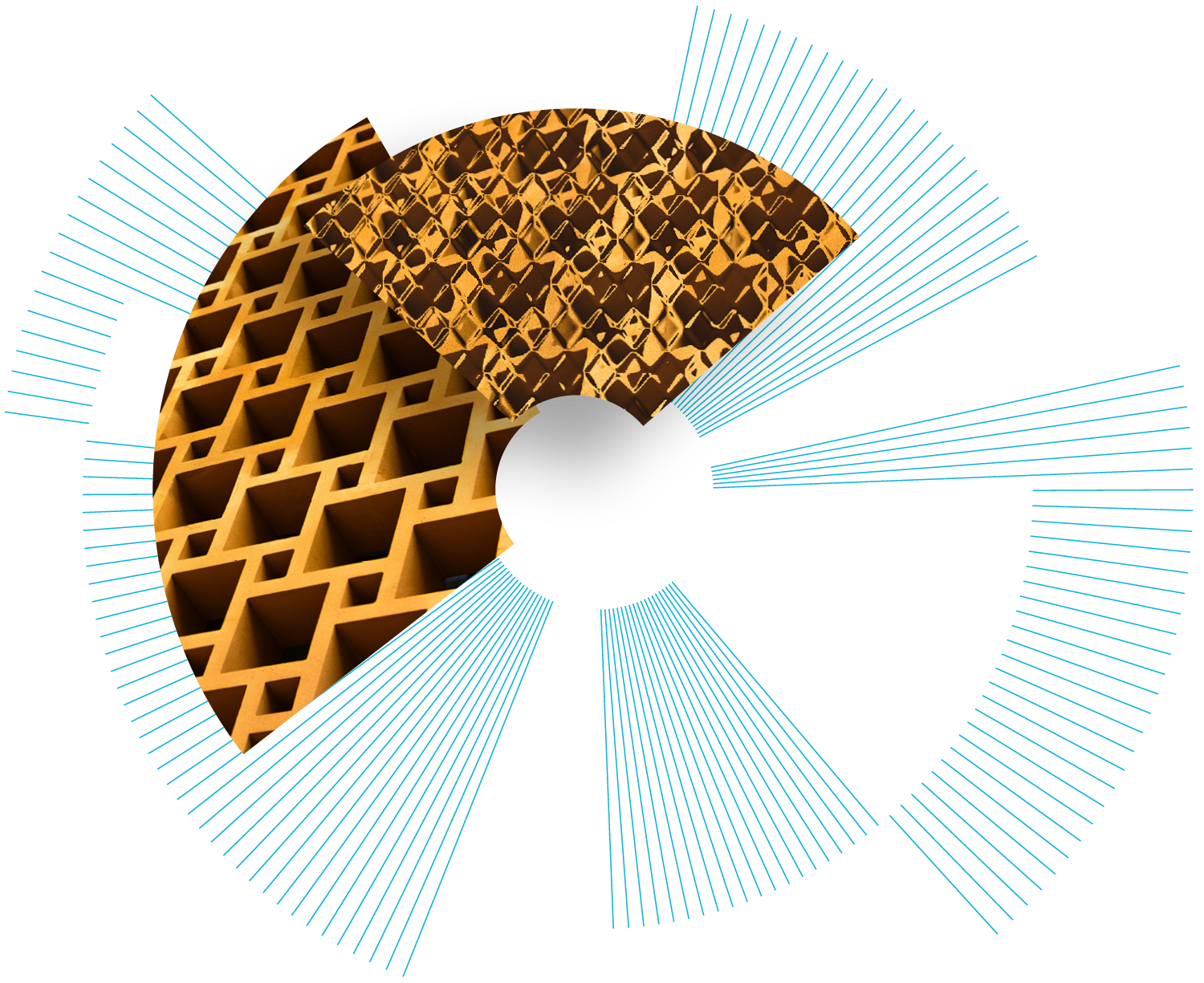A CVA is a legally binding agreement with creditors to reschedule and/or reduce a company’s debts to allow it to carry on trading.
Whilst a CVA is in place creditors can’t take legal action against the company. The directors remain in full control of the business, although an insolvency practitioner must be involved in helping to draft the initial proposal to creditors and monitoring the arrangement if it’s approved.
CVAs tend to work best for businesses which would be able to trade profitably if their current cash flow issues could be resolved. They are often used to deal with the impact of a one-off event, such as a large bad debt, or a lost contract.
How does a CVA work?
The company, with the help of a Licensed Insolvency Practitioner, sends a proposal to creditors which sets out how much they’ll be repaid and over how long.
Typically a proposal will be based on a company making regular payments over a period of time (usually 3 to 5 years), which will result in a proportion of the unsecured creditors debts being paid off (e.g. 50p in the £). The remaining debt is then written off at the end of the arrangement.
A CVA is very flexible though, so any ‘offer‘ to creditors which is better than the alternative outcome (usually a liquidation) can be proposed. Creditors then vote on whether to approve the proposal: 75% (in value) of creditors have to agree for the CVA to take effect. 50% of unconnected creditors must also vote in favour.
Creditors may agree to support the proposals subject to certain changes (“modifications”) such as increasing the repayments or the length of the agreement. The directors must then decide whether they are willing to accept these changes.
What happens after a CVA is approved?
If a CVA is approved, all creditors are legally obliged to accept it – even if they didn’t vote in favour.
During a CVA the directors stay in control of the business. The IP’s (“the Supervisor”) role is to:
- ensure the company adheres to its CVA obligations
- report to creditors every twelve months
- distribute funds to creditors when appropriate
If the Company meets all its obligations under the CVA (typically this means keeping up its repayments for the agreed length of time) then, at the end of the arrangement all pre-CVA debts (other than “secured creditors” such as a bank) are extinguished.

